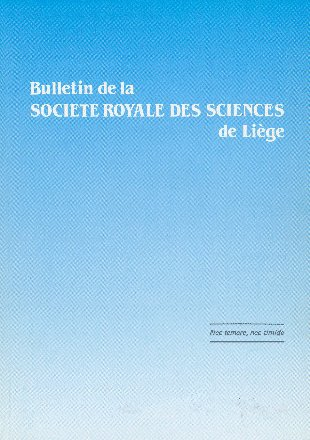- Accueil
- Volume 88 - Année 2019
- Actes de colloques
- 2nd Belgo-Indian Network for Astronomy & Astrophys...
- GMRT survey of Cygnus OB2 region
Visualisation(s): 1117 (31 ULiège)
Téléchargement(s): 75 (0 ULiège)
GMRT survey of Cygnus OB2 region

Document(s) associé(s)
Version PDF originaleAbstract
A good fraction of very high energy (VHE; > 100 GeV) sources do not have confirmed counterparts at any of the other branches of electromagnetic spectrum. In the extra-galactic sky, most of the VHE sources with counter-parts are blazars, a sub-class of active galactic nuclei. However, VHE sources with identified counterparts in our Galaxy do have a wide range of categories, ranging such as supernovae remnants, colliding wind binaries, pulsar wind nebulae, micro-quasars, etc. The VHE emission and radio emission due to synchrotron process do occur from the same population of relativistic electrons in several type of sources, so the radio band is the first band to search for possible counterparts to unidentified VHE sources. In addition, the radio spectral index also gives important constraints on compactness and energetics of the electron population. In this work we present a two-frequency radio survey, at frequencies 325 MHz and 610 MHz, of the Cygnus OB2 region with the Giant Metrewave Radio Telescope (GMRT) in order to address several astrophysical problems. The survey covers a wide area (~ 5 square degrees) at sub-mJy sensitivity which helps to discover faint radio sources to several objects for the first time. Also this is the first deep wide area radio survey of the region below 1.4 GHz, and the low radio frequency will preferentially pickup more non-thermal radio sources as compared to high radio frequencies. Here, we present the early results from this survey.






